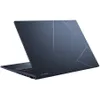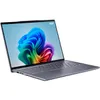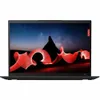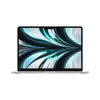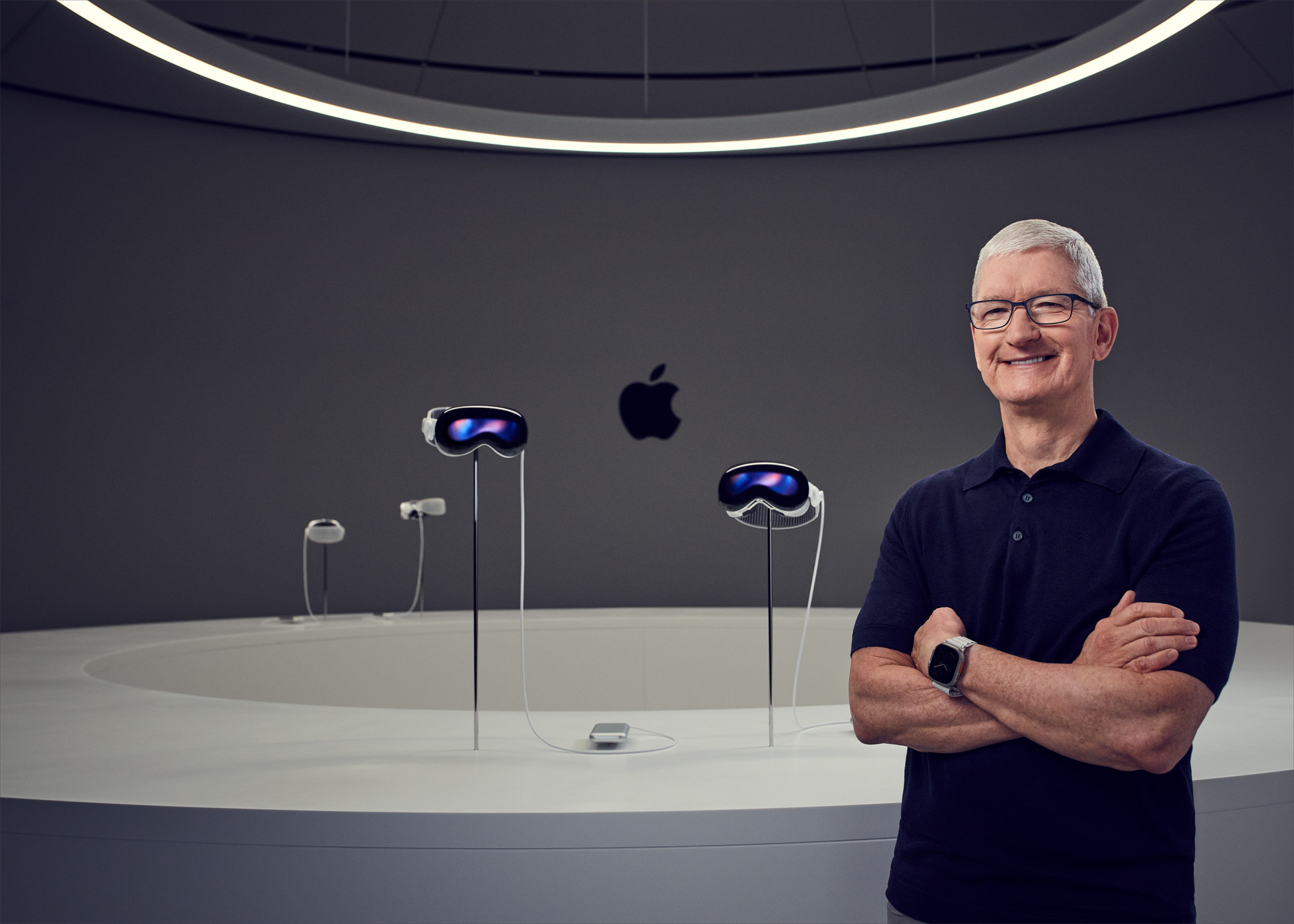I spy with my little AI: Are Copilot+ PCs a threat to your privacy?
Is Windows Recall a feature or a foe?
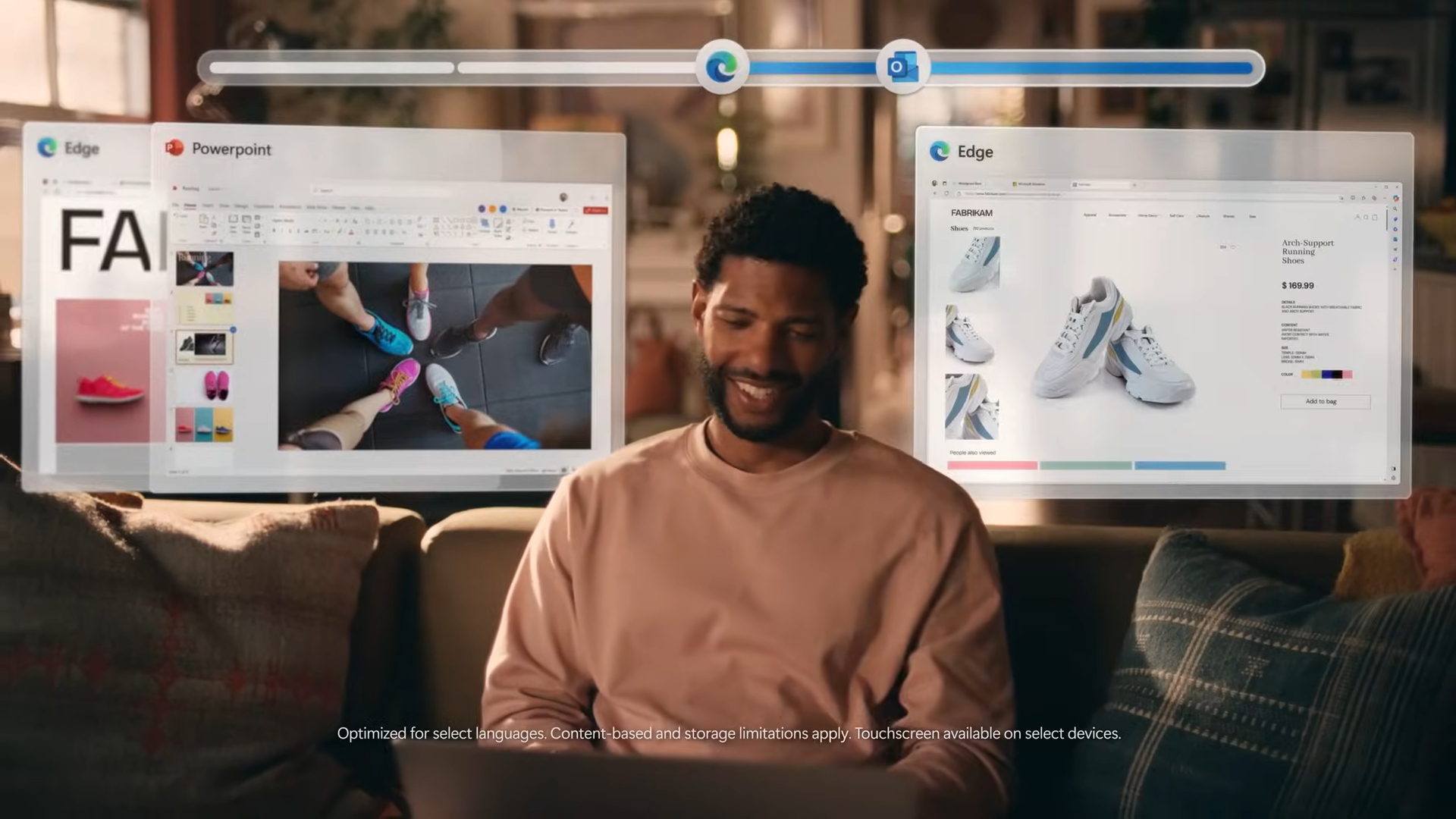
This week, Microsoft introduced a new era in computing by announcing the Copilot+ PC — a new standard of machine designed to run powerful AI tools on-device.
The first of these new Copilot+ devices will arrive in the form of the Microsoft Surface Pro 11 and Surface Laptop 7, each making use of powerful Neural Processing Units (NPU) housed inside Qualcomm's Snapdragon X chipsets.
Copilot+ PCs continue in the direction of the AI PC, highlighting Windows computers and the evolving potential following Microsoft's efforts to bring AI to the Windows operating system.
It also unlocks a suite of powerful new tools and features for users to take advantage of, like Cocreator's real-time generative image creation in Windows Paint; improved accessibility through voice interaction with Copilot; and the headlining feature for Copilot+ PCs so far: Windows Recall — an AI evolution of Windows 10's Timeline feature and, as some believe, a potential privacy nightmare. Or is it?
Total Recall: A sci-fi concept come true
While AI PCs called for NPUs by default, Copilot+ PCs assert the necessity of more powerful NPUs as standard to shift more demanding AI tasks and features to be run locally instead of relying on cloud services.
The result? Faster, more accessible AI-backed tools are being made available to users, without constraints on how often they can be used. It's this ability to run on-device tools as often as needed that allows Windows Recall to work as it does, building a log of every action you perform through a constant stream of screenshots that can be 'recalled' through user searches.
In theory, this gives users a unique time-based search method that can help recall websites visited yesterday, that song you heard a few days ago and have forgotten the name of, or which folder it was you moved those holiday snaps to earlier on.
Stay in the know with Laptop Mag
Get our in-depth reviews, helpful tips, great deals, and the biggest news stories delivered to your inbox.
It's the operating system equivalent of Black Mirror's "The Entire History of You," giving you the opportunity to scroll at will through a complete timeline of events that take place on your machine. However, what's stopping anyone else from doing exactly the same?
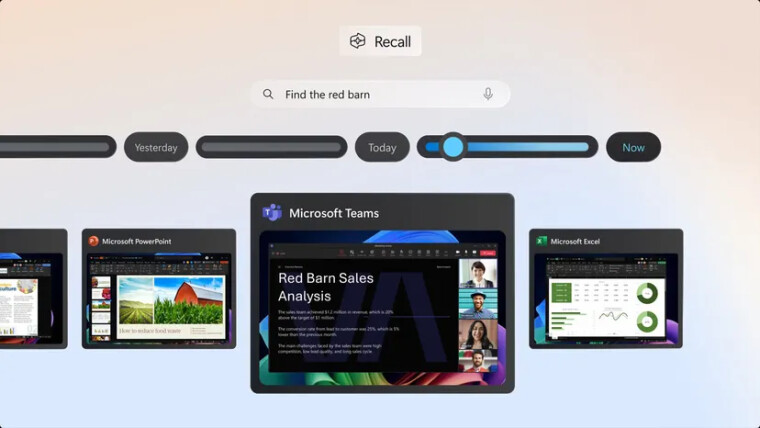
I spy with my little AI
Recall's ability to take snapshots of your every action and store them for later use could sound like anything from a helpful backup of events to the harvesting of evidence and the formation of a very damning blackmail situation — I don't know how you use your computer, who am I to say?
What I can say is that we already have software that's designed to take snapshots of your computer's activity in the background, but we typically refer to it as spyware.
Spyware, if you're not already aware, is the name we give to malicious programs used that can embed themselves into your machine to gather data in various forms before discretely returning it to a potential attacker. This can result in the theft of user credentials, banking details, and other confidential information or private files.
Worryingly, Windows Recall's compulsive capturing of on-screen events basically serves up this collection of information on a silver platter. Microsoft itself states that "Recall does not perform content moderation. It will not hide information such as passwords or financial account numbers," after all.
Some see this as a potential pitfall regarding personal privacy, wondering who else can access this information, where it will be shared, and how it will be guarded. It's a minefield of privacy issues for Microsoft to work its way through, but are things as bad as they sound?
Cool cool cool. 🫠 pic.twitter.com/T6U2jQTIldMay 21, 2024
It's not all bad
I can't argue that Windows Recall doesn't sound like a potential privacy nightmare on its surface. However, Microsoft isn't approaching the star feature of its new Copilot+ PCs without serious consideration over security.
Firstly, the great benefit of Copilot+ PCs is that they're able to keep much of what they do on-device. This means that Recall won't be interacting with cloud services, and that each and every snapshot taken till be saved locally to the user's machine. This almost entirely negates any concerns of potential hijacking or rerouting of private information.
Microsoft also states that Recall screenshots are linked to user accounts, and aren't shared between profiles. It also makes it clear that these screenshots are "protected using data encryption on your device and (if you have Windows 11 Pro or an enterprise Windows 11 SKU) BitLocker."
We're also assured that Recall's screenshots won't be able to be accessed by Microsoft, and that their contents won't be used for targeting advertisements. All-in-all, it's not sounding too bad at all. Right?

But it's not all good, either
Of course, when it comes to the assurances of companies with your data, it's always worth reading between the lines.
While Recall is an optional feature for Copilot+ PCs it is "on" by default, meaning many users would have to opt out or dive into settings pages to manually adjust what it is or isn't allowed to record. Frankly, that's something a lot of people aren't comfortable or willing to do, and I'd presume that's why this isn't an opt-in feature in the first place.
While Microsoft states that Recall images won't be viewed by Microsoft or used for targeting advertisements, we are still talking about a company that absolutely adores finding new ways and methods or pushing ads on its user base. As such, there's really no guarantee that this is how things will play out indefinitely.
As for encryption, it's highly unlikely that the vast majority of home PCs will be making use of enterprise or Windows 11 Pro installations, leaving them one layer of protection short when it comes to security.
While Microsoft does at least let us know that Recall "does not take snapshots of certain kinds of content, including InPrivate web browsing sessions in Microsoft Edge," it does imply that this level of privacy will only be available through Edge — which, to the cynical, could be seen as a further effort by Microsoft to force Windows users into adopting its still unpopular web browser.
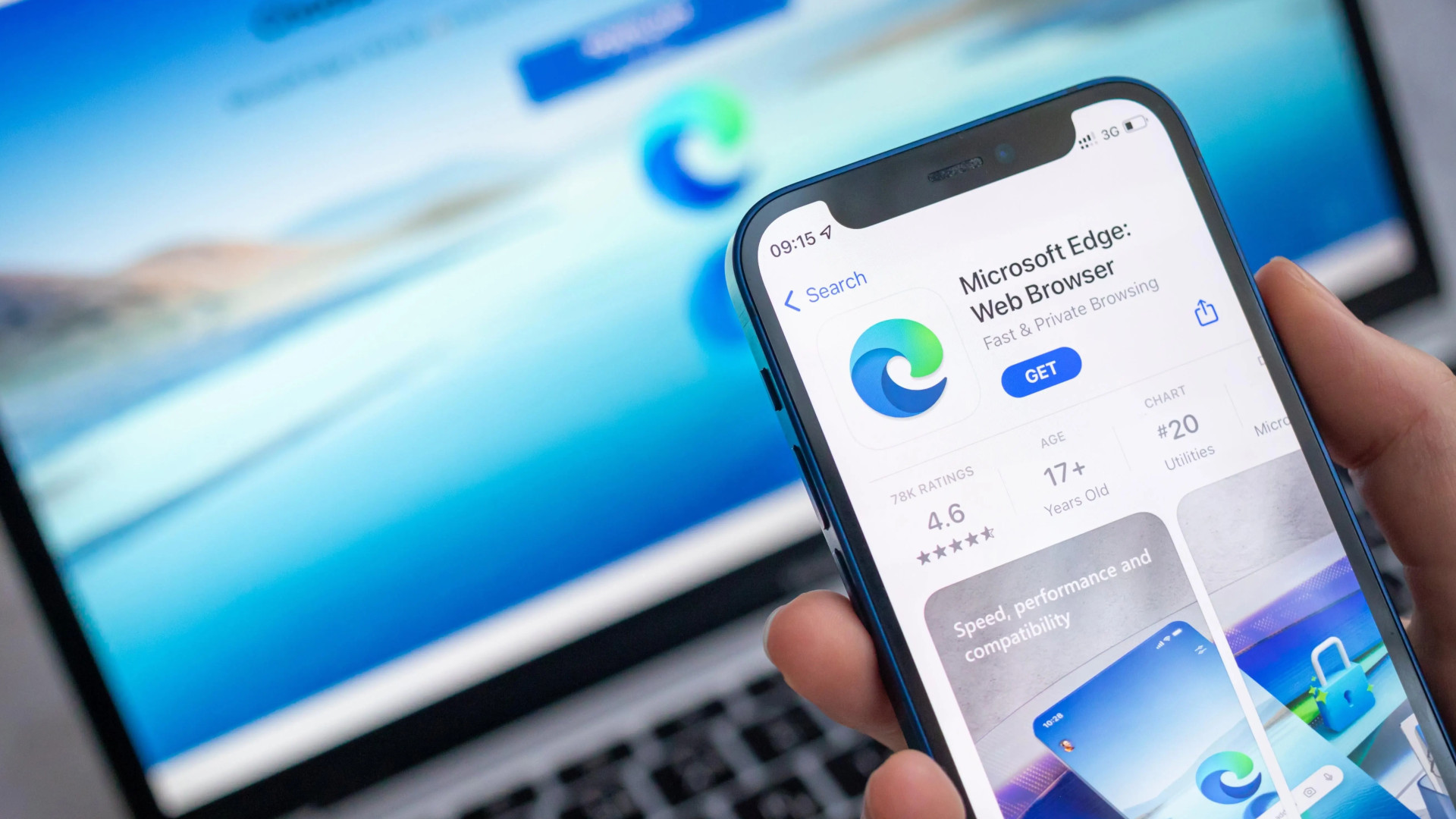
Outlook
Clearly, Microsoft has made the effort to provide reassurance to users over the new Windows Recall feature in Copilot+ PCs, and getting a hold of someone else's library of screenshots wouldn't be an easy process.
However, this feature does advertise to potential threat actors that Copilot+ PCs will now contain a repository of pre-made screenshots ready to pilfer, and could paint a target on its back over what it may have potentially captured.
It may not be the privacy nightmare that some are concerned about, but it is another thing for the privacy-minded to worry about when it comes to keeping a tight lid on their data and information.
More from Laptop Mag
- What are Copilot+ PCs? Microsoft's new era of AI PCs explained
- Surface Pro and Surface Laptops may finally match MacBooks in one key area
- Microsoft Paint will use Copilot+ PCs AI power to bring artistic visions to life

Rael Hornby, potentially influenced by far too many LucasArts titles at an early age, once thought he’d grow up to be a mighty pirate. However, after several interventions with close friends and family members, you’re now much more likely to see his name attached to the bylines of tech articles. While not maintaining a double life as an aspiring writer by day and indie game dev by night, you’ll find him sat in a corner somewhere muttering to himself about microtransactions or hunting down promising indie games on Twitter.

